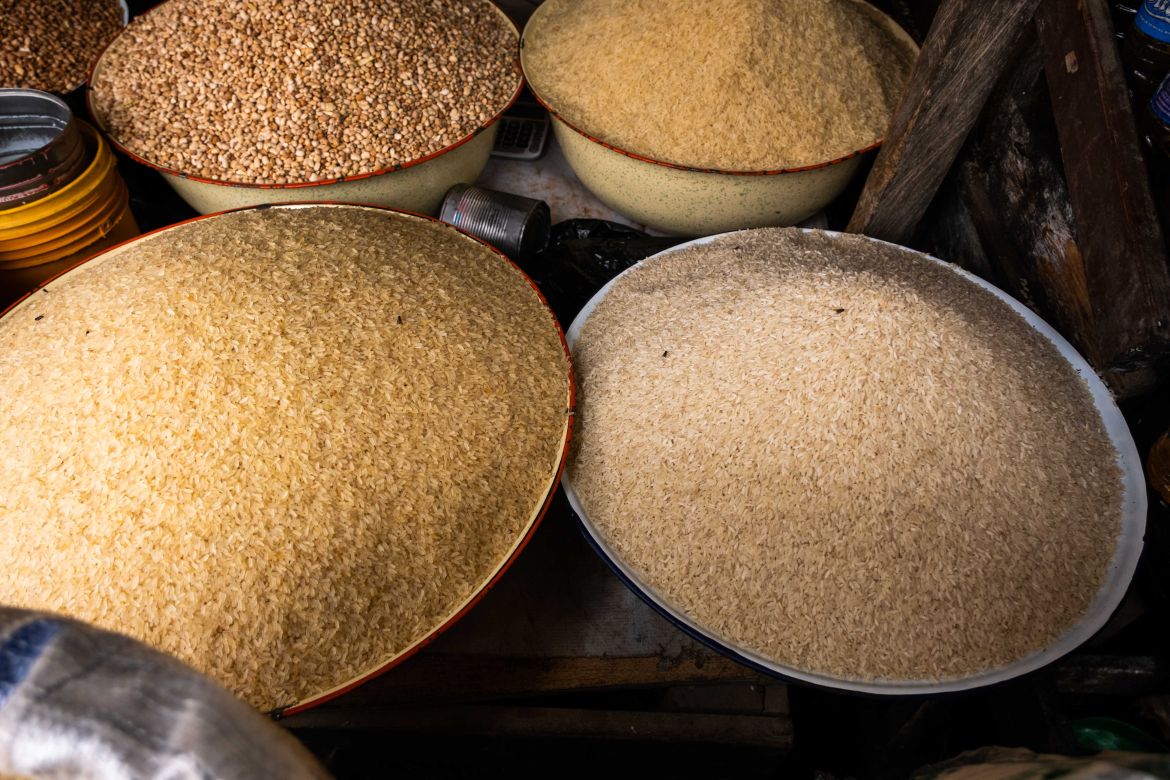In Pictures
Nigerian families struggle to survive as food prices soar
World Bank estimates Nigeria’s soaring inflation and food prices pushed seven million more people into poverty in 2021.

With inflation rising around the world as the global economy recovers from the coronavirus pandemic, soaring prices are having dramatic consequences in countries like Nigeria.
The number of people living in poverty in Nigeria – Africa’s most populous nation with 210 million inhabitants – was already among the highest in the world.
But as Nigeria has been battered by the double economic effect of low global oil prices and the pandemic, the World Bank estimates the country’s soaring inflation and food prices pushed another seven million people into poverty in 2021.
Food prices have increased more than 22 percent since the start of the coronavirus crisis, according to official statistics.
For many people, feeding their family has become a daily challenge.
“Every day, during consultations, there are five or seven children that suffer from malnutrition,” says Emiolo Ogunsola, head of the nutrition department at Massey Street children’s hospital in a poor district in Lagos Island.
“I bet in a few months or a year, more children will be malnourished.”
Even before the pandemic and the surge in food costs, Nigeria’s nutrition figures were alarming: One in three Nigerian children suffered stunted growth due to a bad diet.
As a result, close to 17 million children in Nigeria are undernourished, giving the country the highest level of malnutrition in Africa and the second-highest in the world.






